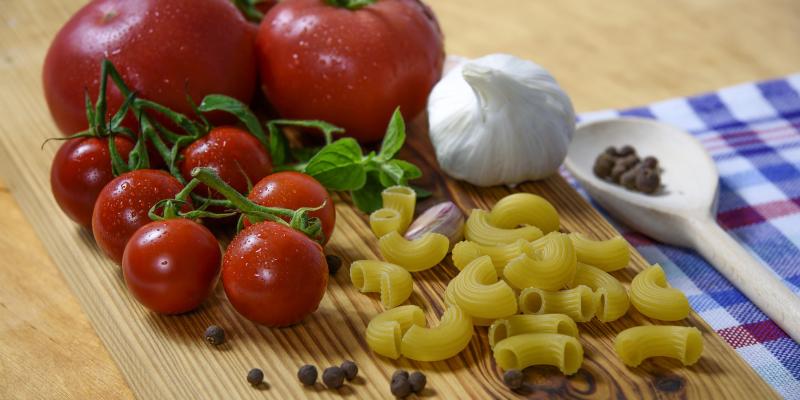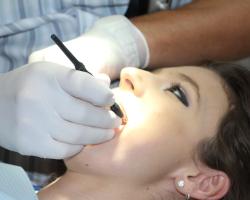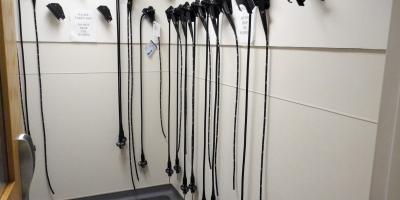Healthy, light, and, most of all, and adjusted to specific diseases, which are common in old age – this is what a senior’s diet should be like. As geriatricians emphasise, it is difficult to set universal recommendations for all, because the fitness and physical condition of senior varies from individual to individual.
“Seniors are not a homogenous group, but as evidence shows, old age involves the involution of organs and systems. Chewing, digesting, and absorbing worsen, and metabolism slows down. The composition of seniors’ organisms also becomes adverse, with decreased muscle mass and bone mass" emphasises Doctor Milena Słoń, geriatrician, Medical Director at the Care Experts specialist centre for seniors and the disabled, part of the “Medicopter" group.
A senior’s diet should be individualised to accommodate his/her diseases
This is why – as the geriatrician emphasises – a senior’s diet must be adjusted to the changes the organism undergoes. Meals should be regular (four – five a day), not too abundant, so that the digestive system is not overwhelmed, and lower in calories adjusted to a usually-smaller physical activity. Elderly people should not forget to drink enough liquids, preferably those still.
As she highlighted, chronic diseases come with age, so often nutritional recommendations should be adjusted to these.
“That is why all recommendations should be individualised. Physical activity should be adjusted to individual capacity, and eating habits should recognise the limitations which are concomitant with kidney or liver failure, hypertension or diabetes" Doctor Słoń emphasises.
The geriatrician points out that the fundamental principles of nutrition for seniors – regardless of the type of disease – should be based on the general food guide pyramid.“It should be emphasised that in recent years, another wide segment in the foundations of the pyramid has been added, involving physical activities. Subsequent segments in smaller proportions are taken up by the following: whole-grain cereal products and vegetable fats, fruit and vegetables, leguminous plants and nuts, eggs, fish and poultry, dairy products, and on the top are the products which should be consumed seldom, that is red meat and sweets" says Dr Słoń.
The Mediterranean diet is the best, whatever the age
“The food-guide pyramid gives you a vague idea of what to eat but it contains no specific guidelines. Meanwhile, research has shown that the healthiest nutrition is based on the so-called Mediterranean diet" the geriatrician notes. “This means pasta dipped in olive oil with copious amounts of lettuce, tomatoes and other vegetables, with a bit of meat, a glass of red wine to drink" she points out. It is the red pigment in wine, and not the alcohol, which gives the healthy element to it.
Doctor Słoń also emphasises that nutrition in late elderly age requires an individual approach. “It is often the case that, lacking appetite, being unable to chew and prepare a wholesome, hot meal, and not having anyone to give them a hand, seniors suffer from severe malnutrition, which causes infirmity, dehydration, or electrolyte disorders, which can lead to faster death" the geriatrician explains.
It is worth introducing soft and finely-fragmented foods into the menu of the elderly, especially those with chewing problems, such as puree or mousse, cream soups, and meatballs. There are specialist nutritive products (e.g. in the form of drinks) which can be taken as dietary supplements.









Comments (0)